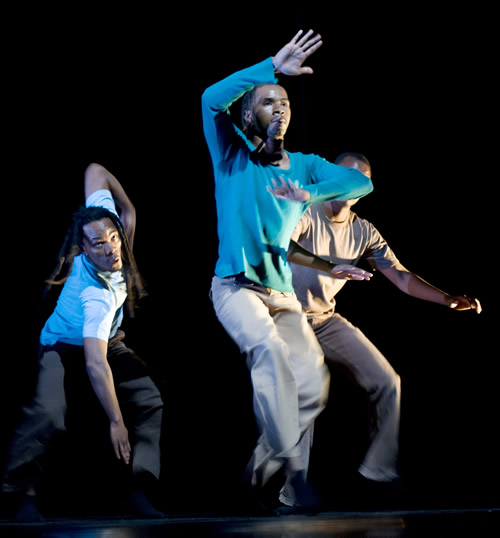Paradise Flycatchers
Thursday, December 9th, 2010 by Bev ReelerThey started building their nest a month ago
soon after they arrived from Zaire
For the last few weeks
we have watched these beautiful, minute creatures
set up home outside the kitchen door
and marveled at the extraordinary investment of energy involved!
we watched as a tiny cup was built of fine grasses
spider web-stitched,
lichen-adorned
and eggs laid
Last Sunday they hatched
and the parents began to work
diving, floating flashes of orange gold
snapping invisible insects out of the air around us
feeding three, inch-long scraps of skin, bone and beak
They defended their territory with huge conviction
fearlessly attacking any passing strangers
Wednesday saw them fight off a Hammercop
(just passing through on an innocent search for pond life)
attacking him with such vigour that
despite his huge bulk,
he fell off his perch
and lost his dignity.
We saw them chasing barbets and bulbuls
bombing the bush babies as they emerged at sunset
Last week we began to notice strange white sacks
with small brown tails
floating in our pond
what new life form is this?
they seemed not to fit into any category we knew
a few days later, as we sat at the table drinking coffee
the female floated over the pond and deposited a small white sack!
she was cleaning droppings from the nest
(we learnt later that they often build nests above water)
no predator would find her chicks by looking at the ground!
Today, 10 days from hatching
3 fat feathery beings are stretching their wings
struggling and jostling to stay on board
and finally out they popped
each one seemingly as large as the nest they had left
and sat on the branch stretching into this new found freedom
they are about to fly.
what extraordinary dedication
a journey of hundreds of miles
weeks of careful camouflaged nest construction
the laying of 3 precious minute eggs
the determined effort to feed
and protect them from passing predators
3 tiny new lives
no bigger than a thumb











